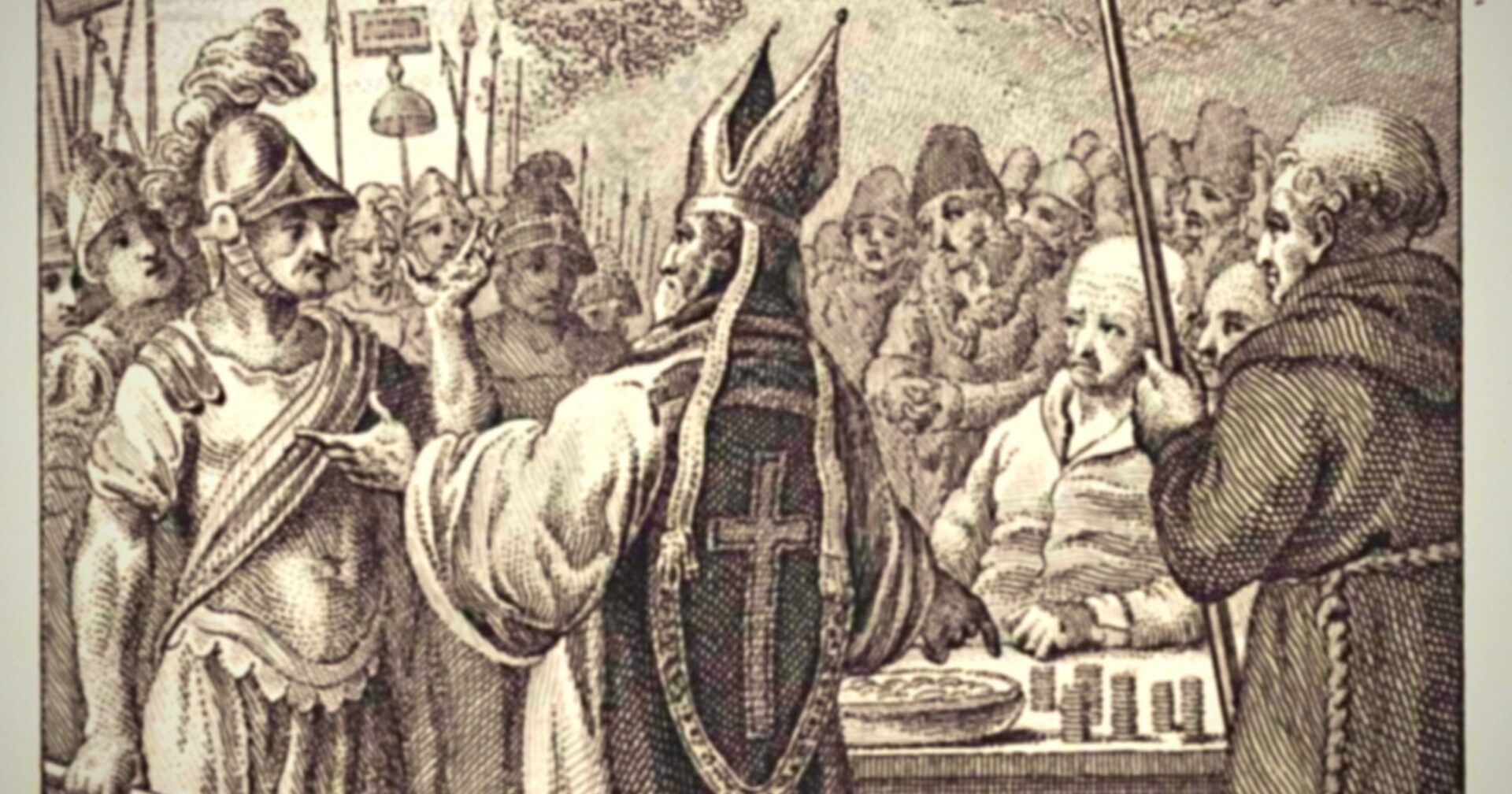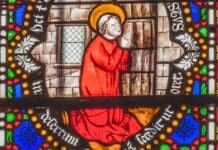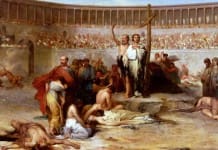Around 420 AD, Bishop Acacius of Amida in Mesopotamia (now Turkey) was under the rule of the Eastern Roman Empire, and during his time, there were thousands of Persian prisoners captured by the Romans who were being held in the city.
These prisoners were suffering greatly, they were malnourished and miserable, and Bishop Acacius could not bear to see them suffer any longer.
One day, he called upon his clergy and spoke to them with a heavy heart, “Our God, my brethren, does not need golden chalices or silver platters. He does not eat or drink, and He is not in need of anything. But we, as the Church, have been blessed with many such treasures through the generosity of our faithful. It is our duty to sell these treasures and use the proceeds to redeem these prisoners and provide them with food.”
Bishop Acacius sold all of the precious golden and silver sacred vessels of his church and used the money to ransom, clothe, and feed the seven thousand Persian prisoners. He even went further, supporting them and providing them with everything they needed to return home.
When the freed prisoners returned to Persia, they told their ruler, the Sassanid Emperor Bahram V, of the great deeds of kindness and compassion that Bishop Acacius had shown them. So touched was the Emperor by this story that he is said to have ordered an end to the persecution of the Christians in his realm for a period of time. Furthermore, Emperor Bahram V was so intrigued by this bishop that he asked for permission to meet him face to face and Theodosius II granted it.
Bishop Acacius’ actions of kindness and charity led to the termination of hostilities between the Eastern Roman Empire and the Sassanid Empire and Christianity was able to flourish for a while in the areas then controlled by the Sassanid Persians!
Photo credit: Public Domain via Wikimedia Commons

















